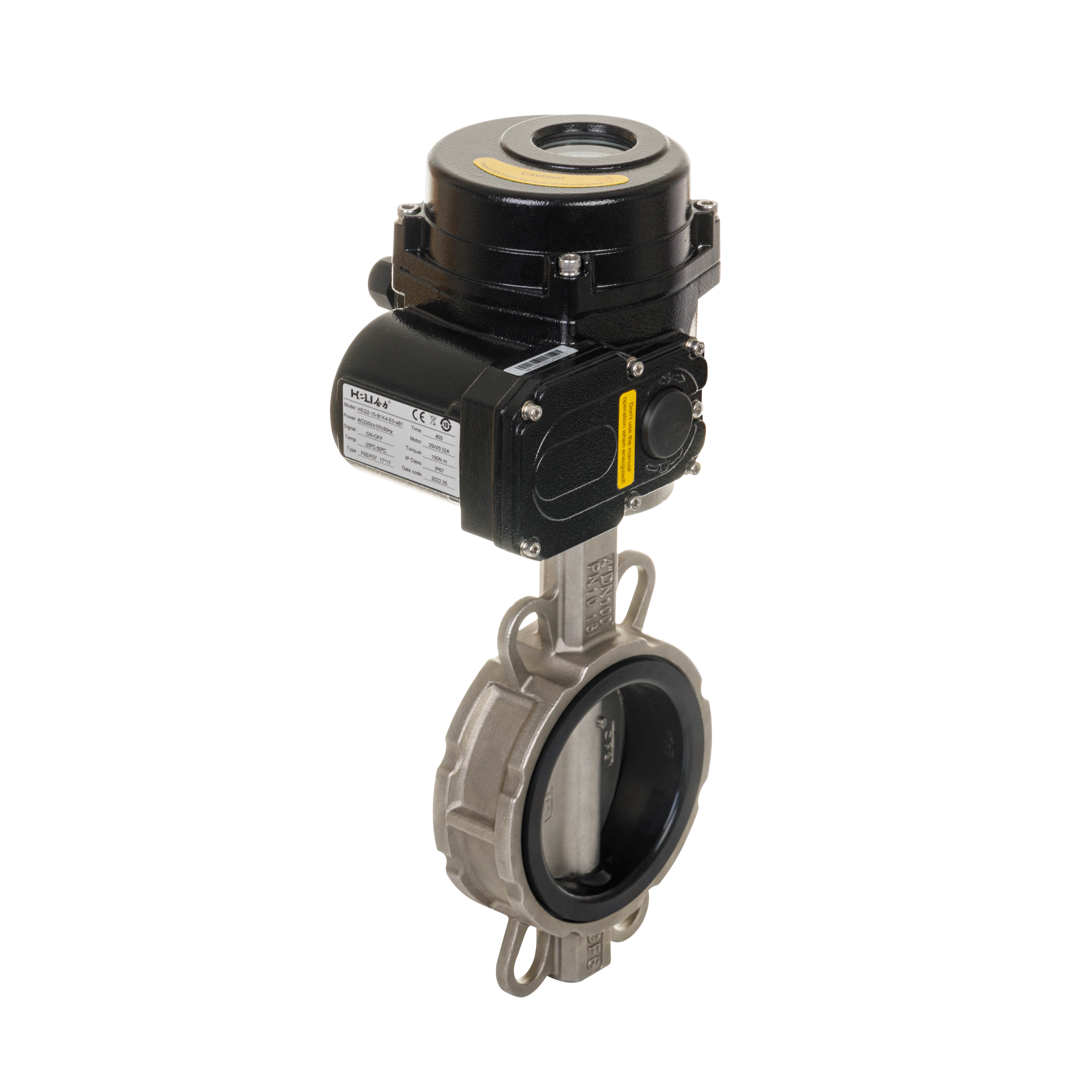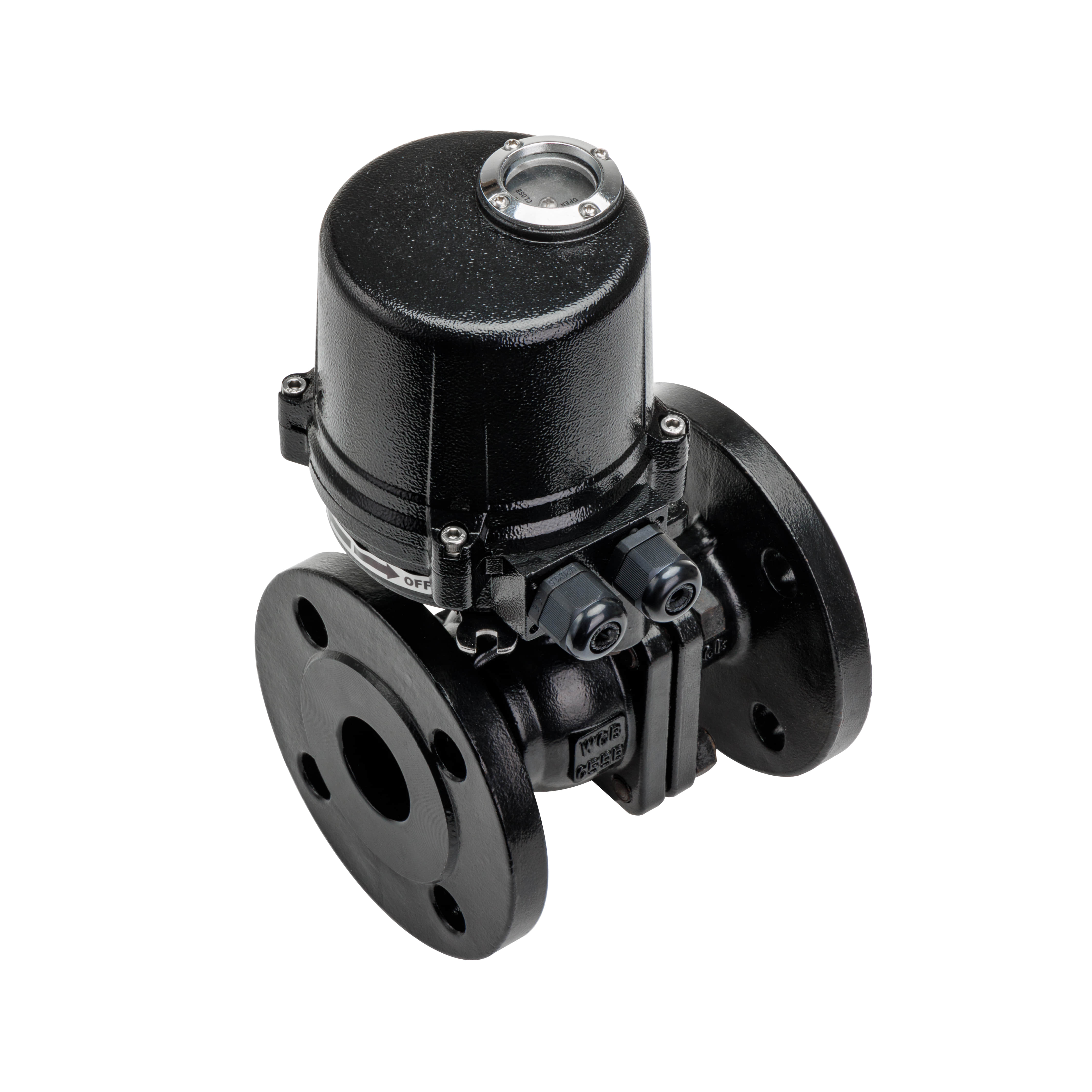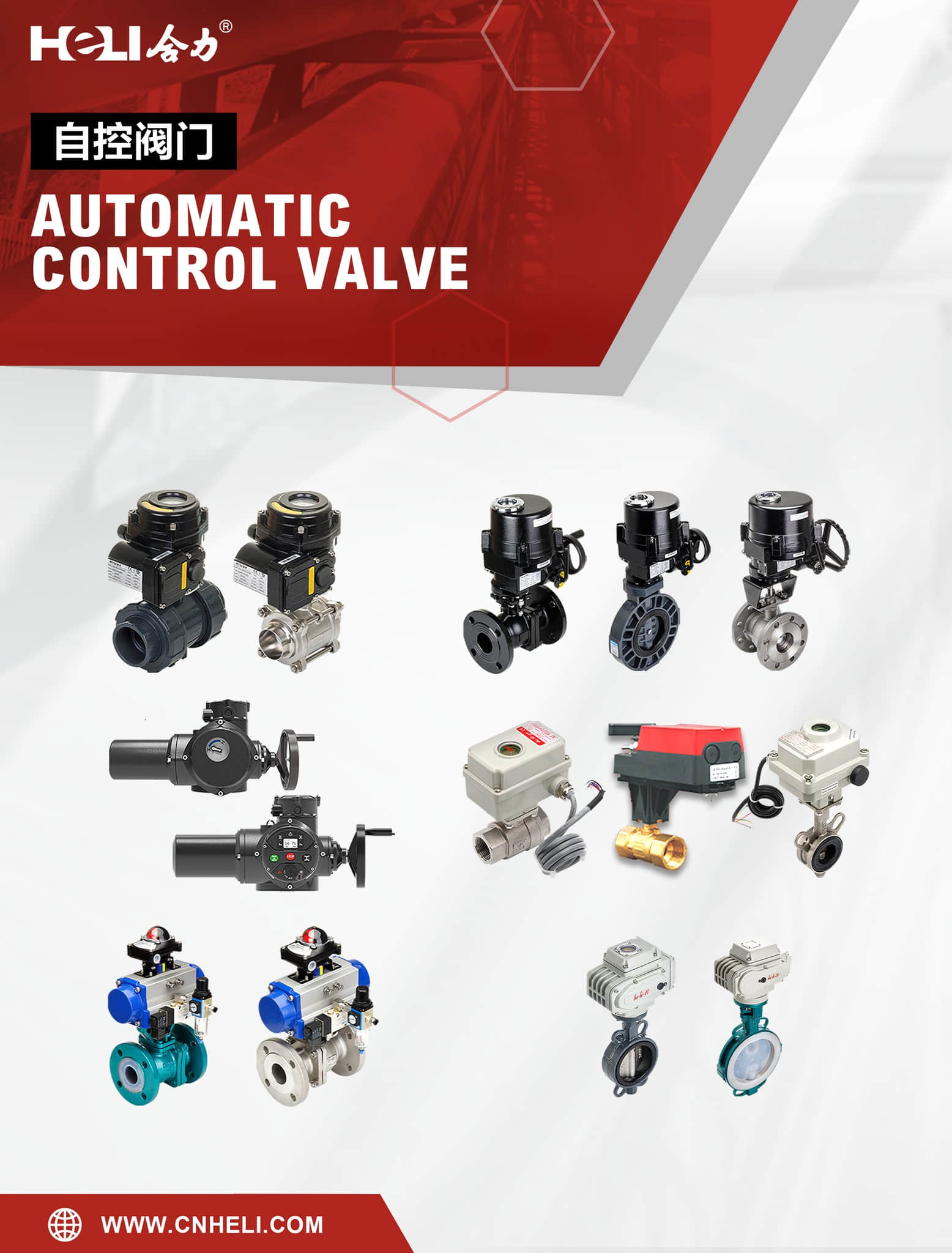understanding electric valves: a comprehensive overview
Release time:2024-12-12 00:54:02
Electric valves are integral components in various industrial processes, serving a crucial role in the control of fluids and gases. Their ability to regulate flow automatically makes them essential in modern automation systems, enhancing efficiency and precision across diverse applications. This article will delve into the workings of electric valves, their types, applications, advantages, and considerations for selection and maintenance.

What is an Electric Valve?

An electric valve is a type of valve that uses an electric actuator to control the flow of fluid or gas. The actuator receives signals from a control system, which can be manual or automated, and adjusts the valve's position accordingly. This allows for precise control over the flow rate, pressure, and direction of the media, making electric valves invaluable in many sectors, including manufacturing, water treatment, HVAC (heating, ventilation, and air conditioning), and chemical processing. Types of Electric Valves




